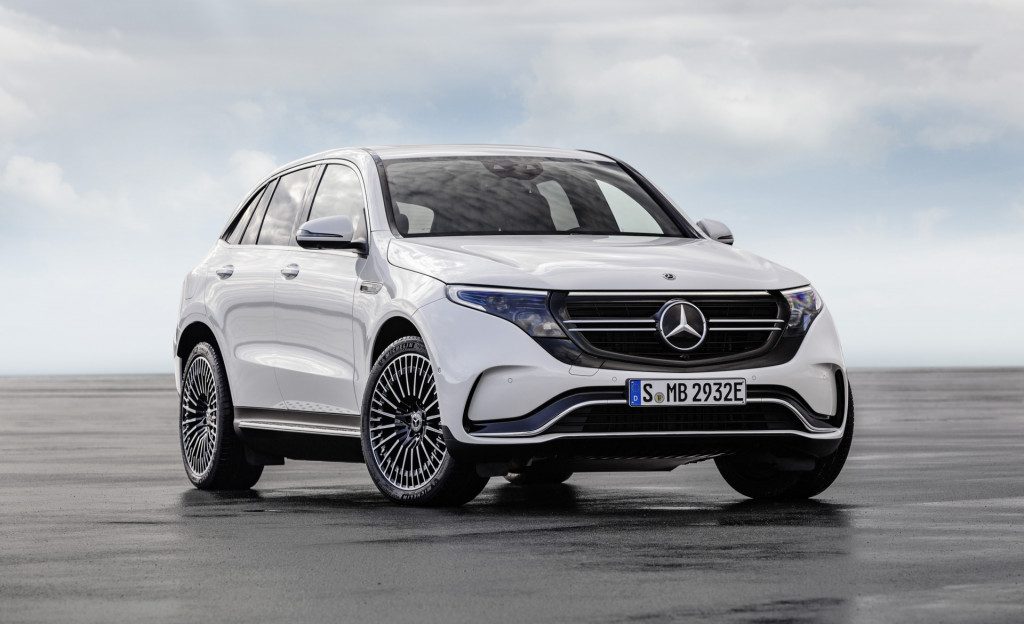German automaker Daimler has put its money where its mouth is with its promise of a fully electrified future: the company announced Tuesday that it will purchase $22.75 billion worth of batteries through 2030.
The automaker has plans to not only go all-in on electrification for the Mercedes-Benz brand, but it will also electrify its commercial vehicle and bus lineup. Daimler has already shared some of the electric trucks and buses it plans to put into mass production in the next few years.
At Mercedes-Benz, executives have promised 130 electrified vehicles through 2022. It's important to remember what actually qualifies as an "electrified" vehicle within the industry. Electrified ranges from a 48-volt mild-hybrid system, to a plug-in hybrid vehicle, to a fully electric car that does not feature an internal-combustion engine. Expect most of the electrified Mercedes vehicles to feature the former two solutions. However, the luxury brand plans to launch at least 10 electric cars by 2022.

2020 Mercedes-Benz EQC
The first of them will be the 2020 EQC, a 200-plus-mile electric SUV. Sales of the SUV will begin in some markets in mid-2019, but we won't see it arrive in the United States until 2020. Expect an EQA small car and EQS sedan mirroring the traditional S-Class to be a part of the strategy, too.
While the world's automakers go all-on on electric cars, controversy often surrounds the way suppliers obtain the precious Earth materials needed to manufacture lithium-ion batteries. Daimler said in its announcement that it will protect human rights with what it calls the Human Rights Respect System. The system intends to hold suppliers accountable for how they source their materials for the batteries Daimler plans to buy. Any new supplier will be thoroughly vetted by some 700 engineers and human rights experts in the field before executives sign off on a supplier contract.
Although $22.75 billion is not an insignificant amount of money, fellow German auto giant Volkswagen Group has it beat. The automaker announced in May that it plans to boost its battery purchases and will spend $48 billion. But, the automaker ideally wants to spend as much as $50 billion to cover its needs for future electric cars through 2025.